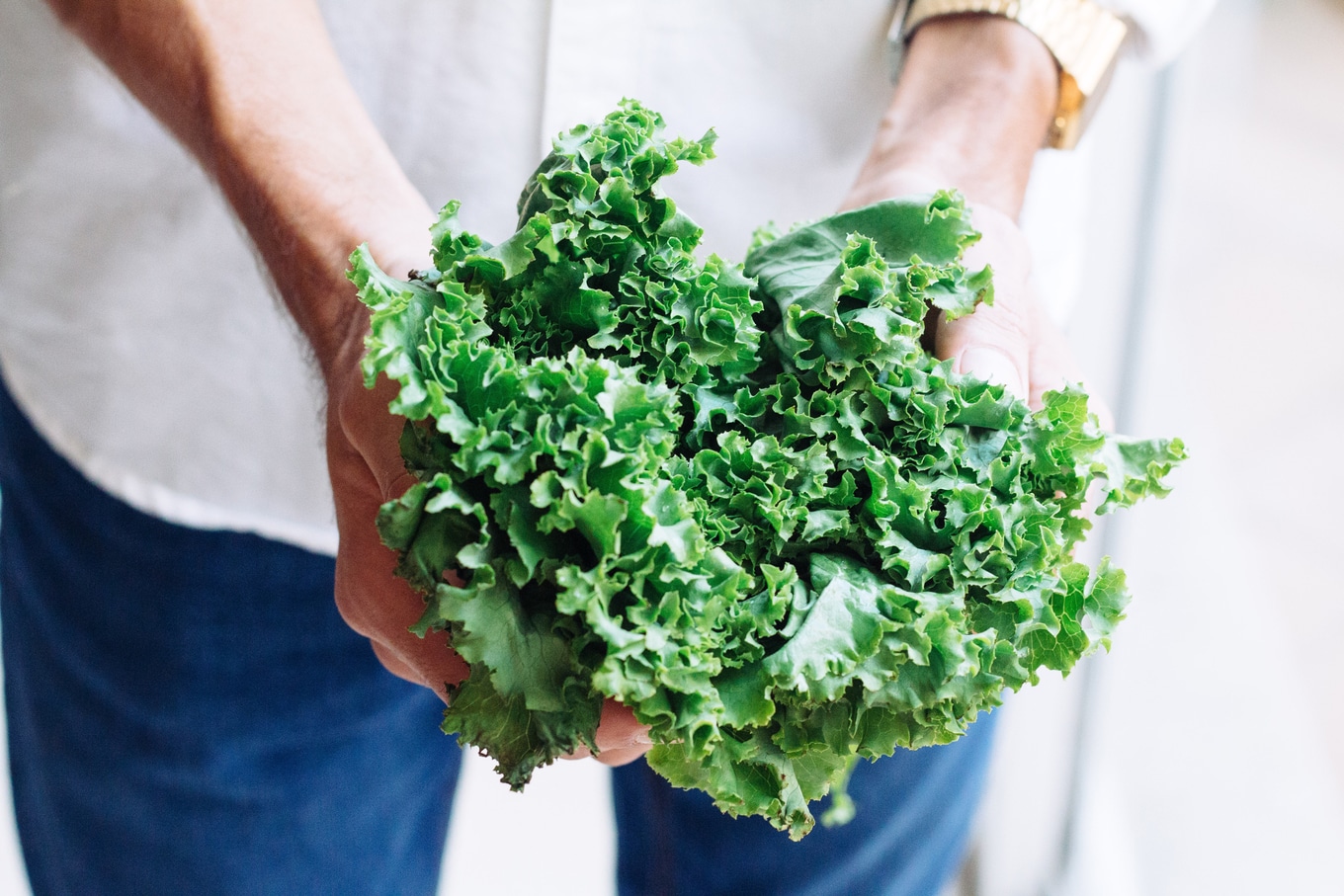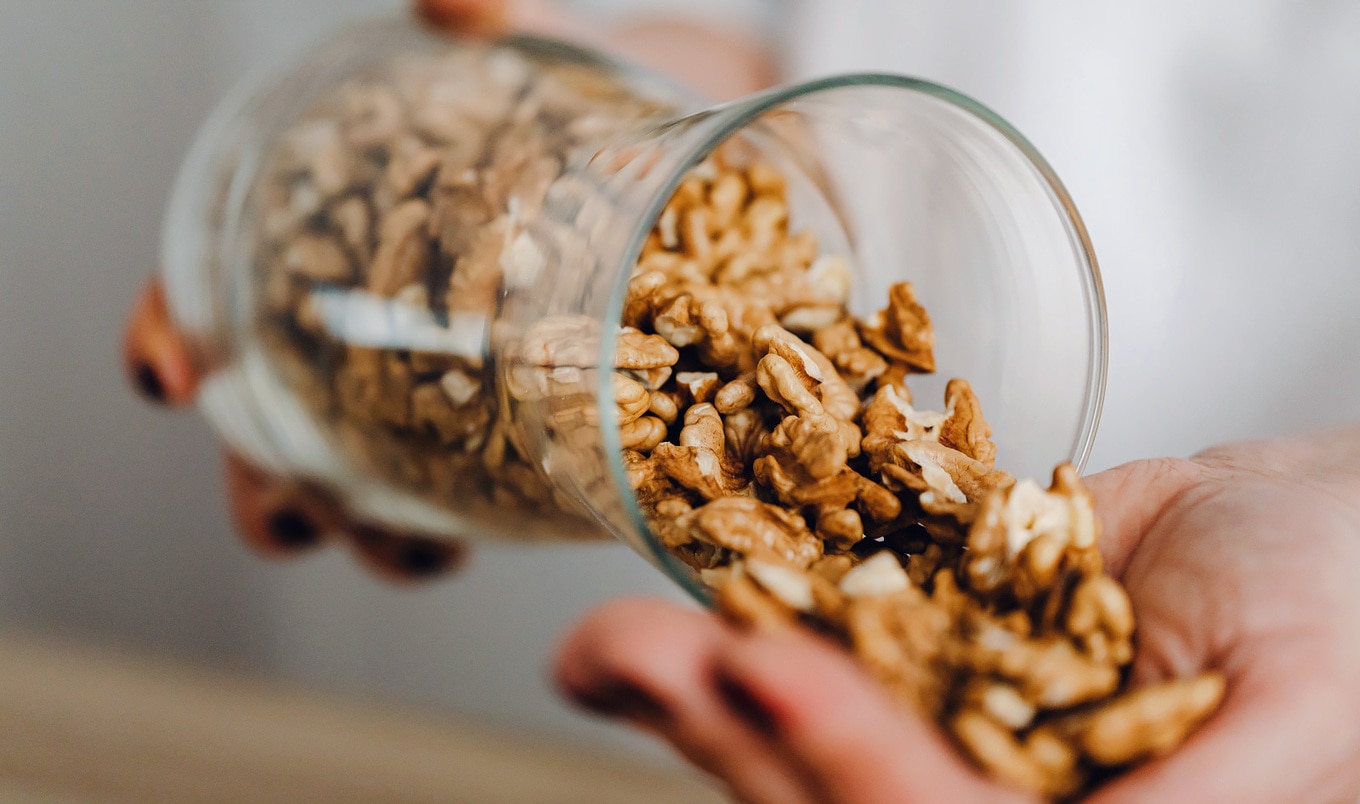Incorporating colorful fruits and vegetables into your diet could help enhance your visual range, according to a new study conducted by researchers from the University of Georgia (UGA). The paper, recently published in the American College of Sport Medicine’s Exercise and Sport Sciences Reviews, delves into the role of macular pigments (plant compounds that accumulate in the retina) in promoting eye health and functional vision.
While promoting eye health is important for everyone, the study’s researchers focused on diet’s effect on improving the vision of athletes. Visual range, which refers to an individual’s ability to clearly see a target over a distance, is a critical skill for top athletes in almost any sport.
Previous research conducted by Billy R. Hammond and Lisa Renzi-Hammond at UGA had already demonstrated that consuming foods rich in macular pigments, such as dark leafy greens and yellow and orange vegetables, can have positive effects on eye and brain health.
 Unsplash
Unsplash
“While much of the research on macular lutein and zeaxanthin has focused on their health benefits, from a functional standpoint, higher concentrations of these plant pigments improve various aspects of visual and cognitive abilities,” Jack Harth, study lead author and doctoral candidate in UGA’s College of Public Health, said in a statement. “In our paper, we discuss their potential to enhance far-distance vision or visual range.”
The diminished clarity and increased blurriness of objects as they move farther from the observer can be partially attributed to the effects of blue light.
“For example, from the perspective of a center fielder, if a ball is hit up in the air, it will be seen against a backdrop of bright blue sky or a gray sky on a cloudy day,” Harth explained. “In both cases, atmospheric interference obstructs the path of the light, making the target less visible.”
Vegetables help mitigate blue light
Many athletes already employ strategies to mitigate the impact of blue light, such as wearing eye black or using blue-blocking sunglasses. However, consuming more foods rich in lutein and zeaxanthin can naturally enhance the eye’s ability to handle blue light exposure, according to Harth.
When lutein and zeaxanthin are absorbed by the body, these compounds accumulate as yellow pigments in the retina and act as a filter to prevent blue light from entering the eye.
 Adobe
Adobe
Building on studies in the 1980s that examined the visual range capabilities of pilots, Hammond and Renzi-Hammond conducted additional research on how macular pigment density, which refers to the amount of yellow pigment in the retina, correlates with various measures of eye health and functional vision tests.
Over a series of studies, the researchers demonstrated that increasing the levels of lutein and zeaxanthin in the retina and brain reduces glare disability and discomfort; enhances chromatic contrast and visual-motor reaction time; and facilitates executive functions such as problem-solving and memory—all of which are particularly crucial for athletes.
The present study by Harth and his colleagues updates the research on the relationship between macular pigment and functional vision, exploring the implications for optimizing athletic performance.
“We have now observed visual range differences in pilots that align with the differences found in our modeling,” Harth explains.
“Furthermore, we have seen these differences in laboratory tests. Our future goal is to bring individuals outdoors and assess their ability to perceive contrast over distance under real blue haze and in outdoor environments.”
However, Harth cautions that individual variations exist, indicating that everyone may absorb and utilize lutein and zeaxanthin differently. Consequently, it may take time to notice any improvements, if they occur at all.
Nevertheless, the authors stress that the overall health benefits associated with increased consumption of lutein and zeaxanthin provide sufficient reason to introduce more color into one’s diet.
 Adobe
Adobe
“We have data from modeling and empirical studies showing that higher macular pigment in your retina will improve your ability to see over distance,” Harth said. “The application for athletes is clear.”
Plant-forward diet helps brain health
Similarly, previous studies have found that colorful vegetables are also good for our brains. A recent study found that a plant-forward diet that is low in processed meats and high in dietary polyphenols, which are naturally occurring compounds often found in plant-based foods, help to protect the body from oxidative stress.
Specifically, the study participants ate 28 grams of walnuts per day, as well as three to four cups of green tea, and one cup of a shake made with Wolffia globose (an iron-, protein-, and polyphenol-rich flowering plant, also known as duckweed).
 Pexels
Pexels
“Our study highlights the importance of a healthy lifestyle, including lower consumption of processed food, sweets, and beverages, in maintaining brain health,” Gidon Levakov, PhD, who helped to lead the study, said in a statement.
For the latest vegan news, read:
JUMP TO ... Latest News | Recipes | Guides | Health | Shop









